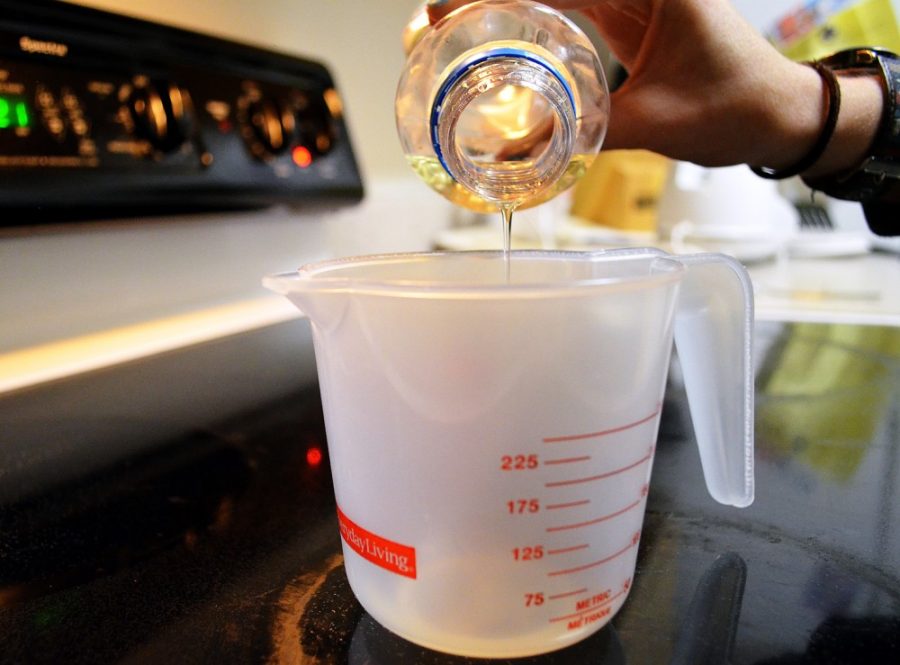Frozen pizza will never be the same.
The college favorite — along with doughnuts, microwave popcorn and crackers — is just one of few of the foods that will be affected by the Food and Drug Administration’s ban of trans fats, said Wanda Howell, a UA nutrition professor and registered dietitian.
The FDA announced its decision to take trans fats off of the “generally recognized as safe” list on Nov. 7, stating that there is a high correlation between the intake of trans fat and coronary heart disease. The FDA is allowing a 60-day comment period before the ban begins to be enforced.
Trans fats are similar to saturated fat in that they increase levels of low density lipoproteins, otherwise known as LDLs, Howell said.
LDLs increase the amount of “bad” cholesterol in the body, she said.
“Some data shows that trans fats are actually worse than saturated fats,” Howell said.
Trans fats cause more adverse biological effects than saturated fats because they reduce the amount of high-density lipoproteins in the body, according to a study by Wageningen University.
High density lipoproteins, or HDLs, are responsible for increasing the amount of “good cholesterol,” Howell said.
Trans fat and saturated fat both have linear molecular structures. The difference is that saturated fat comes from animal products, while trans fat is synthesized from vegetable oil by partially hydrogenating a carbon-carbon double bond, Howell said.
Manufacturers use trans fats because they lengthen the shelf life of their products, according to Howell. If trans fats were banned, food companies would have to use different kinds of fats in their products, which could increase the price of some items.
This could have a significant effect on smaller manufacturers, Howell said.
“If these companies use something other than trans fats in their products that costs more, that’s just more money that I have to pay,” said Diana Villar, a physiology junior. “I would rather keep trans fat in food if it means that it is cheaper.”
However, the elimination of trans fats could prevent as many as 20,000 heart attacks a year and spare as many as 7,000 people from death due to coronary heart disease each year, according to estimates from the Centers for Disease Control and Prevention.
“There is no question that what you eat affects your heart,” said Dr. Jess Thompson, a cardiothoracic surgeon and assistant professor in the UA department of surgery.
Bad cholesterol causes plaque to build up in arteries, which can cause them to narrow and harden, Thompson said. This results in an increased risk of a heart attack and less oxygenated blood being delivered to the muscles, he said.
Americans already seem more aware of these risks. The average amount of trans fat consumed per day decreased from 4.6 grams per day in 2003 to 1 gram per day in 2012, according to the FDA.
“Consumers are already getting the message,” Howell said, “which is why banning trans fats has not been met with as much resistance.”









